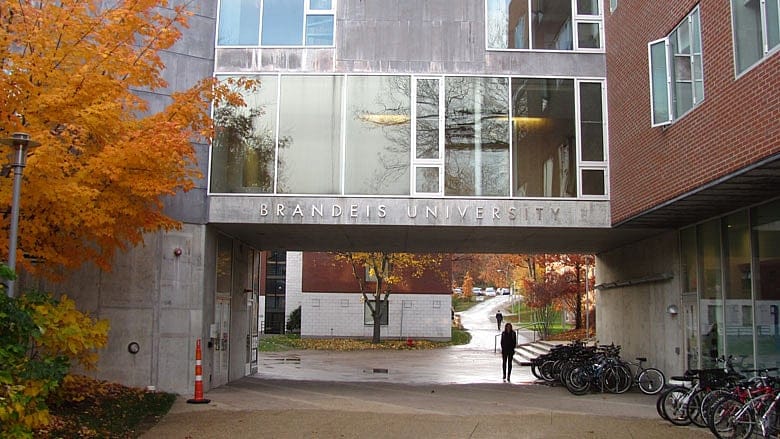Judge rips Brandeis for handling of sexual assault case

BOSTON — A federal judge on Thursday rejected Brandeis University's bid to squash a lawsuit by a student disciplined under its sexual assault policies, ripping the Waltham university's approach to adjudicating such claims.
In an 89-page opinion supporting his decision to allow the lawsuit to move forward, U.S. District Court Judge F. Dennis Saylor IV criticized Brandeis for "appear[ing] to have substantially impaired, if not eliminated, an accused student's right to a fair and impartial process."

